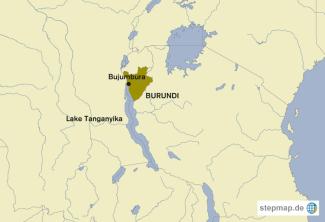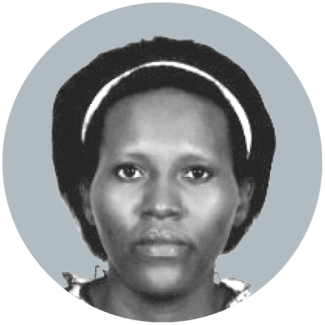Environment
Burundi bans plastic bags

Burundi published a respective presidential decree in August. It sets a transitional period of 18 months to empty the stocks and change products.
The presidential decree came into force immediately. It has three objectives:
- to control the use of plastic bags and other plastic packaging,
- to promote the use of materials that do not harm the environment and
- to prevent any form of pollution caused by plastic.
For certain plastic parts there is an exemption however. It applies to products used in health care and pharmaceutical services, to industrial packaging and components used in construction. Sewage pipes are regarded as essential to be made from plastic, and so is laboratory equipment as well as teaching materials.
The environmental organisation APBEE (Association pour le Bien Etre de l’Environnement) praised the decree as helpful for the protection of the environment. APBEE produces bags of biodegradable plastic and expects sales to increase. The company Paper Converter Burundi (PACOBU) is another producer of biodegradable products, made from paper. Jean Claude Manirambona, its general director, demands his enterprise to be supplied with electricity around the clock to be able to satisfy demand. To facilitate business, he also wants laxer rules for the import of certain materials and banks to give out foreign currencies.
Shopkeepers, however, seem to fear that there simply may not be enough bio-degradable packaging material. Immediately after the decree’s release, the prices for plastic bags went up all over the entire country. They became twice as expensive, and then even three times as expensive as before the ban was declared. Jean Marie Niyokindi, the minister of commerce, industry and tourism, harshly denounced the price hikes. He warned all merchants who dared to raise the prices and imposed sanctions including fines and the confiscation of stocks of plastic bags.
Mireille Kanyange is a journalist and works for Radio Isanganiro in Burundi.
mika.kanyange@gmail.com








